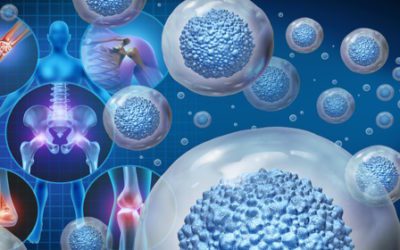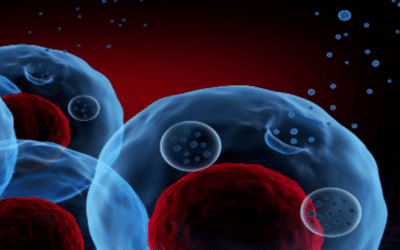Stemedix Regenerative Medicine Research and Health Awareness Blog
Stay up to date with the latest developments in regenerative medicine research and treatment. Subscribe to our newsletter.
Mesenchymal Stem Cells for Traumatic Brain Injury
Worldwide, an estimated 10 million people suffer some form of traumatic brain injury (TBI) severe enough to result in either death or hospitalization each year. Nearly 20% of these TBIs occur in the United States and over 50,000 of those affected die as a result of...
Regenerative Medicine for Osteoporosis
Developing weak and brittle bones from osteoporosis can lead to mild bone stress — like that from bending over — causing a fracture. Most bone fractures from osteoporosis occur in the wrist, hip, or spine. While there is no cure for osteoporosis, there are...
Regenerative Medicine for Healing
Once you recover from an initial pain from an injury, dealing with the lengthy recovery time required before you can fully resume your regular activities can become challenging. Regenerative medicine may be able to offer faster, more complete healing to help...
Evaluating The Immunomodulatory Effects of High Dose Intravenous Administration of Allogeneic Umbilical Cord-Derived Mesenchymal Stem Cells
Mesenchymal stem cells (MSCs) are multipotent fibroblast-like cells found throughout the body and have been found to have self-renewing and multilinear therapeutic potential by providing new cells for tissue repair by replacing damaged cells. Thought to...
What Are Peptides?
Peptides can be beneficial for your general wellness. They exist naturally within your body, but they can also be administered through regenerative treatments. What are these compounds, and how can they be used in regenerative medicine? Peptides Are Strings of...
What Is Regenerative Medicine Treatment
There are endless types of medicinal treatments available to treat your health concerns, but one of the more innovative approaches in regenerative medicine. It focuses on using your body’s own materials to stimulate a healing response in your cells, tissues, muscles,...
Mesenchymal Stem Cells and Osteoarthritis
Osteoarthritis (OA) is the most common form of arthritis and affects an estimated 25% of adults in the United States. Characterized by pain, stiffness, and inflammation in the joints of the body, OA is most frequently observed in the knees, hands, hips, and...
Top 5 Benefits of Regenerative Medicine You Might Not Know
Regenerative medicine, also known as stem cell therapy, uses the body’s natural healing response to promote tissue regeneration and repair. While the field is still developing, its benefits span many applications, from treating chronic illnesses to restoring function...
Regenerative Medicine for Lupus
Lupus can be unpredictable, with symptoms that physicians frequently mistake for other illnesses. Since the condition causes the immune system to attack its organs and tissues, it can affect any area in the body, including the skin, kidneys, blood cells, brain, heart,...
A Review of Circulating Mesenchymal Stem Cells
Mesenchymal stem cells (MSCs) have been widely used in a number of applications designed to aid in the regeneration and healing of human tissue. Prized for their multipotent capacity to differentiate into a variety of other specific cell types, MSCs have...
Four Common Causes of Lower Back Pain
Do you experience pain or discomfort in your lower back? Lower back pain is one of the most common complaints for both men and women, especially as they get older. If you live with lower back pain, you understand how much it can impact your quality of life and your...
Regenerative Medicine for COPD
Those afflicted with chronic obstructive pulmonary disease (COPD) struggle with persistent respiratory concerns stemming from airflow blockage and lung inflammation. Here we will discuss regenerative Medicine for COPD. The conditions that contribute to COPD, such as...













 St. Petersburg, Florida
St. Petersburg, Florida
